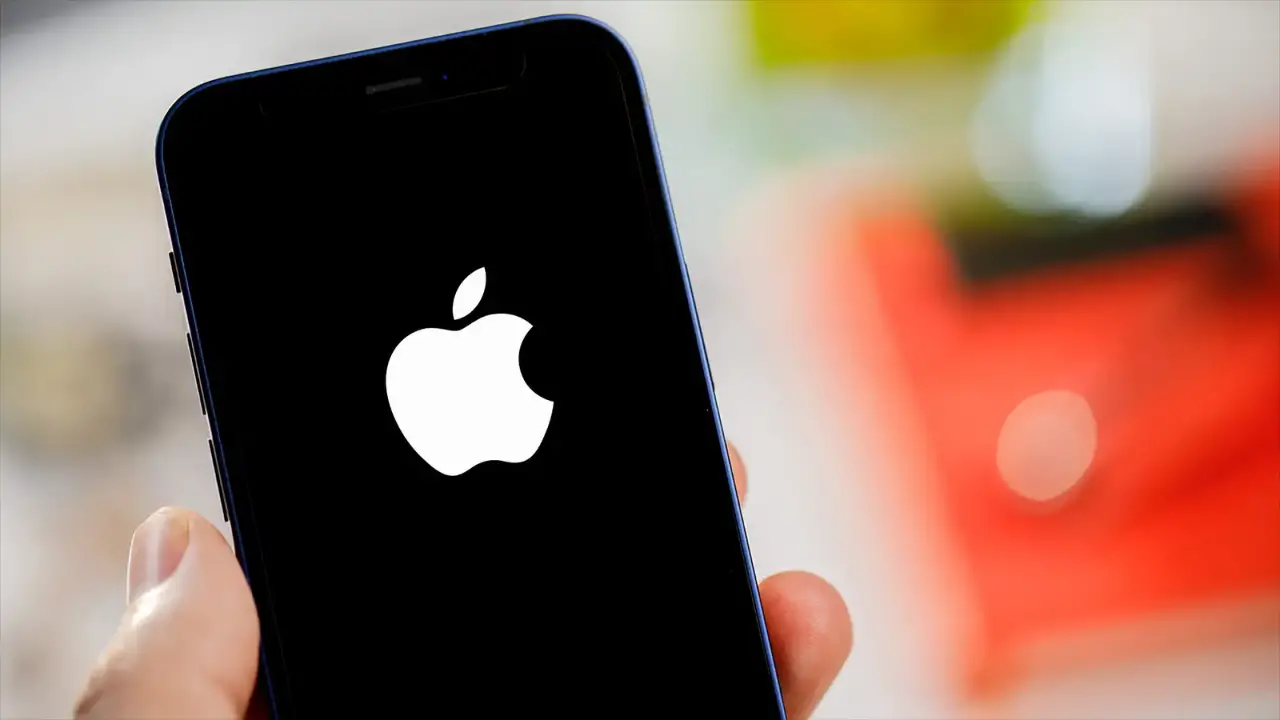Apple recently agreed to pay $95 million to settle a class-action lawsuit over claims that Siri, the company’s voice assistant, recorded users without their consent.
While Apple denies any wrongdoing, it made the settlement to avoid a lengthy legal battle. If you’ve used a Siri-enabled device, you might be eligible for compensation.
Here’s a breakdown of the case and what it means for you.
The Siri Privacy Issue
The controversy began in 2019 when whistleblowers revealed that Siri sometimes activated accidentally, recording private conversations.
These recordings included sensitive discussions about medical conditions and personal moments. Apple contractors reportedly reviewed these audio clips as part of Siri’s quality assurance tests, sparking public outrage over privacy violations.
The lawsuit accused Apple of:
- Unintended Activations: Siri misinterpreted background noises or casual words as its wake command.
- Eavesdropping Allegations: Up to 1,000 recordings were reviewed daily by contractors.
- Data Sharing Concerns: Users feared these recordings were used for targeted advertising, though Apple denies this claim.
Settlement Details
Apple agreed to pay $95 million, with $30 million allocated for legal fees. Eligible users may receive up to $20 per device used during the period of concern.
The remaining funds will compensate affected users whose conversations were unintentionally recorded.
Who Is Eligible to Claim?
To qualify for compensation, you must meet these criteria:
- Residency: U.S.-based users only.
- Device Ownership: You must have owned or used Siri-enabled devices between 2014 and 2019.
- Proof of Use: Documented evidence like device serial numbers or purchase receipts is required.
Eligible Devices Include:
- iPhone, iPad, MacBook: September 2014 to December 2022
- Apple Watch: April 2015 to December 2022
- HomePod: February 2018 to December 2022
Apple’s Response

Apple continues to maintain its stance on protecting user privacy, emphasizing that Siri data is anonymized and never sold for advertising. Following the 2019 incident, Apple made significant policy changes, including:
- Stopping Automatic Recording: Siri no longer records audio by default.
- Enhanced Privacy Controls: Users now have better control over Siri permissions.
- Strict Confidentiality Agreements: Contractors reviewing data must follow strict guidelines.
Apple spokesperson Shane Bauer reaffirmed, “Siri data has never been used for marketing or sold to advertisers.”
How to File a Claim?
A dedicated settlement website will launch by February 2025. To claim your compensation, follow these steps:
- Visit the Settlement Website: Access the official page for claim forms and instructions.
- Submit Proof: Provide necessary documentation like device serial numbers.
- Choose Payment Method: Select how you wish to receive your payout.
- File Before Deadline: Ensure your claim is submitted before the expected May 15, 2025 deadline.
Protecting Your Privacy
In light of this case, Apple users are taking extra steps to secure their privacy. Here’s how to disable Siri and adjust privacy settings on your devices:
For iPhone/iPad:
- Go to Settings > Siri & Search.
- Turn off Listen for ‘Hey Siri’ and disable Press Side/Home Button for Siri.
For Mac:
- Click the Apple logo, then go to System Settings > Siri & Spotlight.
- Toggle off Ask Siri.
Fine-Tuning Privacy Settings
- Review app permissions to control what data apps can access.
- Enable two-factor authentication for better security.
- Regularly update software to get the latest privacy enhancements.
By taking these steps, you can safeguard your personal information and ensure your devices respect your privacy.




